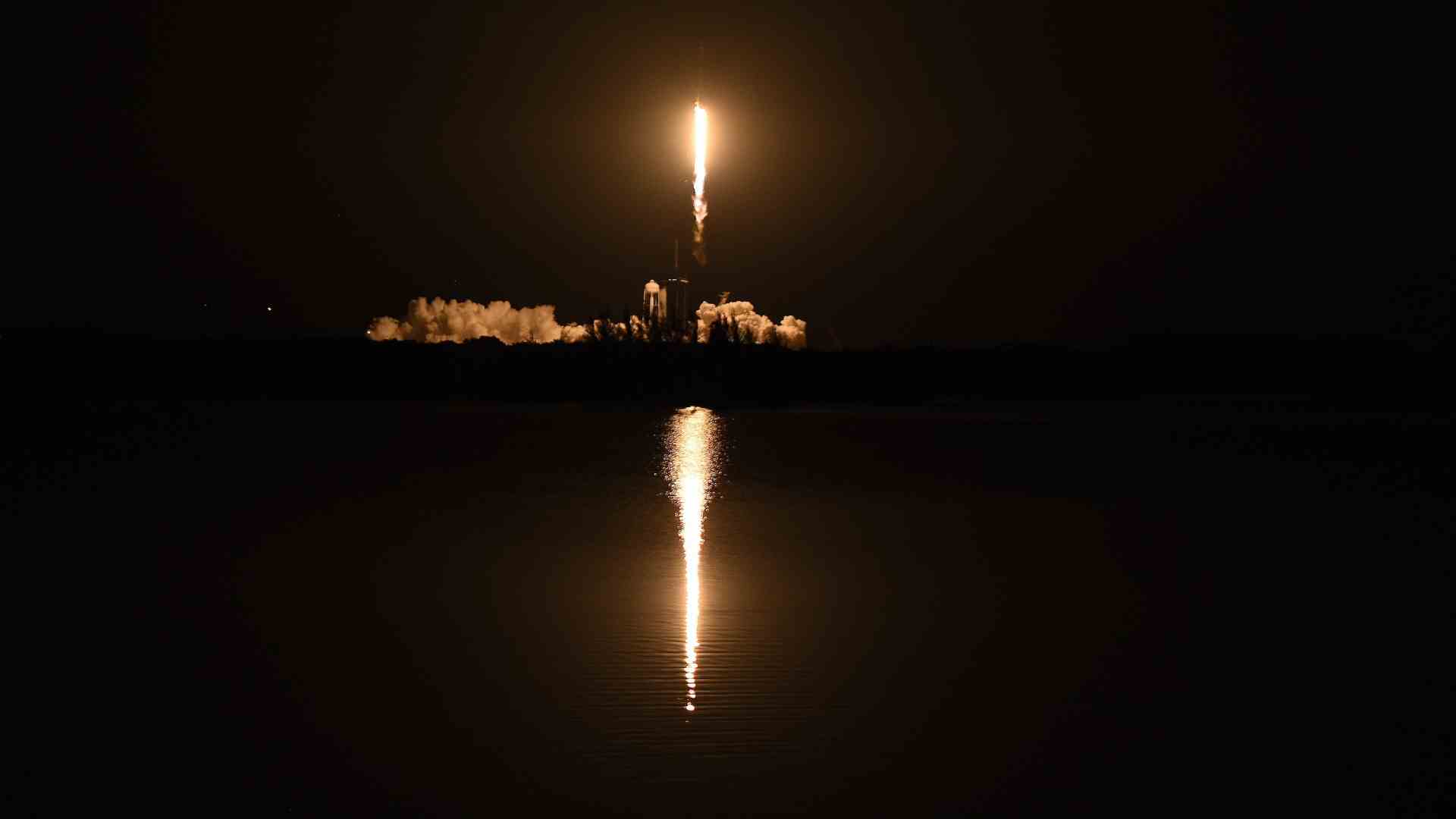Status: 05/13/2022 04:15 a.m
The Starlink satellites that US billionaire Musk is making available to Ukraine are a thorn in Russia’s side. Experts warn: Possible attacks on military space technology have long been part of the repertoire worldwide.
US billionaire Elon Musk is known for tweeting a lot, persistently and often provocatively. Earlier this week, he posted a message that made even Musk sit up and take notice. He had written: “If I die under mysterious circumstances, it was nice to have met you.”
Musk was responding to a threat from the head of the Russian space agency Roskosmos, Dmitry Rogozin. Both have been verbally attacking each other for weeks. Musk had provided Ukraine with systems to use its Starlink satellite network. For this, according to Rogosin, Musk will have to answer “like an adult”.
Daniel Voelsen from the Science and Politics Foundation explains the aggressive Russian tone as follows: “According to all publicly available information, Russia has not yet been able to block Ukrainians’ communication via Starlink. Rogozin’s blatant threat to Musk is probably an expression of that the frustration on the part of the Russian government.”
Russian space jamming
By supplying terminals, Musk complied with a request from Ukraine immediately after the start of the war, enabling it to use the Starlink constellation. “This is important for the civilian population and the public administration, but there are now reports that the Ukrainian military has also used the system in some cases,” explains Voelsen. “This shows once again that this technology has both a civilian and a military dimension.”
In addition to reports that Russian troops were to disrupt the US satellite navigation system GPS, there had already been a cyber attack on a US company’s satellite at the beginning of the war in Ukraine. The EU has now commented on the incident and strongly condemned the “malicious cyber activities of the Russian Federation against Ukraine”. The statement states:
“The cyberattack took place an hour before Russia’s groundless and unjustified invasion of Ukraine on February 24, 2022, thus facilitating military aggression. This cyberattack had a significant impact, indiscriminately causing breakdowns and disruptions in communications at several state agencies, companies and users in Ukraine and which also affected several EU Member States.”
Establishment of space commands
The example of Ukraine shows that advancing satellite technology not only leads to civilian and commercial use of space, but also goes hand in hand with military activities. That is why more and more countries are setting up space commands to protect their satellite infrastructure. The Bundeswehr also put its own space command into service last year.
With a view to the current danger situation, a spokesman for the Federal Ministry of Defense shared tagesschau.de-Request with: “The current crisis shows how important it is to consider the space dimension on an equal footing with the dimensions of air, land, sea and cyberspace, as it becomes apparent that space is included as a military operational space of the conflict.”
Threat scenarios for satellites
According to information from the ministry, the Bundeswehr currently operates seven of its own satellites that need to be protected. The threat scenarios are diverse. As recently as November, Russia had tested an anti-satellite missile and destroyed one of its own, disused satellites in the process. A show of force that produced a lot of space junk. Ground-based laser systems are less complex, but definitely effective for jamming satellites.
And even in space itself, satellites can interfere with one another or even destroy them, explains Colonel Marco Manderfeld, Chief of Staff of the Bundeswehr Space Command: “You could ram another satellite. Or there are ways of approaching other satellites, to grab them and pull them out of their orbit. It would be difficult and technically very complex to launch a projectile from one satellite and try to hit another satellite.”
Hacking Starlink?
Elon Musk has since followed up verbally, tweeting to the Russian space agency chief: “Starlink has so far resisted Russian cyber war jamming and hacking attempts, but they are stepping up their efforts.”
The Russian anti-satellite test last November could already be seen as a warning to Musk and his Starlink system. The megasatellite constellation of the entrepreneur with the best contacts to the US government is a clear sign of US dominance in space and is likely to contradict Russian security interests. “It is striking that the satellite destroyed by the Russians was moving at exactly the same altitude that is also to be used for the new constellations such as Starlink. The background here is still unclear,” says Daniel Voelsen from the Science and Politics Foundation.
However, Russia has shown that it has the ability to destroy satellites in a targeted manner and thus make it more difficult to use entire areas of near-Earth space.

